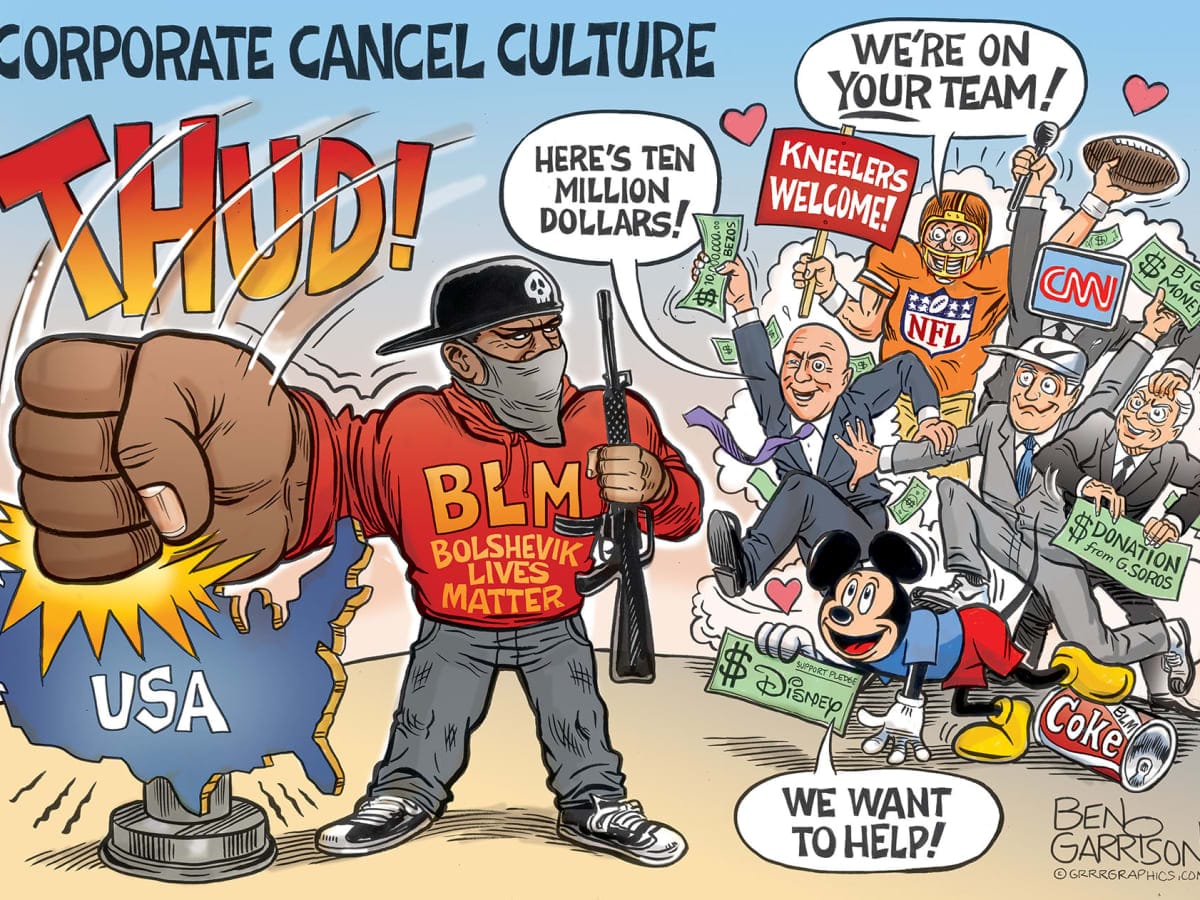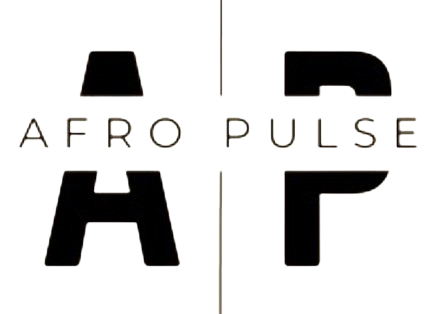Cancel Culture and Digital Mob Mentality

Forget everything you thought you know about Cancel Culture. Now and days, in the age of social media, the court of public opinion convenes at the lightning speed of a tweet. One offensive joke from a decade ago, a resurfaced insensitive comment – and bam! Careers can crumble under the weight of "cancel culture." But is this phenomenon truly a threat to free speech, or is it a necessary evolution of accountability in the digital age? Let's dive into the complex issue of cancel culture and its impact on celebrities and public figures.
The Rise of the Digital Pitchfork:
Social media has democratized the microphone, empowering anyone to call out perceived wrongs. This newfound power can be a force for good, holding those in positions of privilege accountable for their actions. However, the digital landscape also fosters a culture of outrage, where nuance is sacrificed for the viral bite. A single, cherry-picked moment from someone's past can ignite a firestorm, often disproportionate to the offense.
The Free Speech Paradox:
The First Amendment protects our right to express ourselves freely, but it doesn't guarantee freedom from consequences. Cancel culture isn't the government silencing dissent; it's the public wielding its power as consumers and social media users. When we "cancel" someone, we're essentially voting with our wallets and our clicks, choosing not to support those whose actions or words we find unacceptable. However, has that train gotten out of control? It seems there’s a snowball effect when serial protestors set their sights on a target. Because let’s be honest, most of us can’t agree on the simplest of things, so is it fair or even wise to elevate certain individuals to the point where they have the power to ruin a reputation earned over years? At the very least, it’s food for thought.
The Shades of Gray: Beyond Black and White
The true challenge lies in navigating the shades of gray. Are all past transgressions equal? Does a celebrity's heartfelt apology and demonstrably changed behavior deserve the same fate as continued offensive actions? Rigid application of cancel culture risks overlooking genuine growth and redemption. Not to mention, cancel culture in recent years has created a digital mob-mentality. And if we’re honest, human nature in a mob setting has the deep desire to see someone bleed. Many times, individual members of said mob don’t even know the context of the issue at hand, but that doesn’t quell the blood thirsty cries for punishment. It’s always a scary proposition to put judgmental authority in the hands of people. Do you agree?
The Perils of Mob Mentality:
The online mob mentality can be ruthless. The ease of joining a virtual bandwagon, fueled by outrage and anonymity, can lead to a disproportionate response. Cancel culture can leave little room for context, forgiveness, or the possibility of personal evolution. This "pile-on" effect can have devastating consequences, from reputational damage to lost livelihoods. Once the digital mob is rolling, it appears that no amount of reason can halt its momentum. It’s sad but we live in an age where we must be cognizant of everything we say and do, regardless of if those words and/or actions were in gest. I’ve thought about this extensively. I don’t think it’s healthy for people to be stifled to the point where online interactions become false representations of what’s really being said or done in the background. Would you rather a person be up front with you, even if you don’t like their views? The biggest threat I see with involuntary “group think” is we devolve into a society that stifles creativity and the hard conversations that help us grow.
Reclaiming the Conversation:
So, how do we move forward and create a more productive discourse? Here are a few ideas (I realize these are tall orders, but we gotta start somewhere):
- Fact-checking before firing off: Before joining the chorus of outrage, verify the information circulating online. Don't be a pawn in the game of misinformation.
- Demanding context: Seek out the full story, the apology if there is one, and evidence of changed behavior. A single tweet from ten years ago doesn't define a person.
- Promoting restorative justice: Can a celebrity make amends for past wrongs? Should redemption be possible, even for those in the public eye? I say yes, otherwise we’re ALL doomed.
- Prioritizing open dialogue: Instead of a digital shouting match, can we engage in respectful conversations about accountability and growth?
The Future of Accountability:
Cancel culture, while flawed, is a symptom of a larger societal shift. We demand more from those we admire, and social media provides a platform for that demand. The challenge lies in transforming online outrage into a force for positive change, fostering accountability while safeguarding the space for growth and redemption.
Ultimately, the power lies with us, the online audience. By wielding our voices thoughtfully and demanding a nuanced conversation, we can ensure that cancel culture doesn't silence important voices but becomes a tool for genuine accountability and a more just society. The future of free speech in the digital age depends on this delicate balance. So, let's keep the conversation going, online and offline, striving for a world where consequences are meaningful and growth is possible, even in the unforgiving glare of the digital spotlight.
Have you ever fallen victim to, or participated in a digital cancel culture mob (even if on a small, hyper-local scale)? If so, what were the circumstances, I want to know. I'll go further into Corporate Cancel Culture in an upcoming article.





